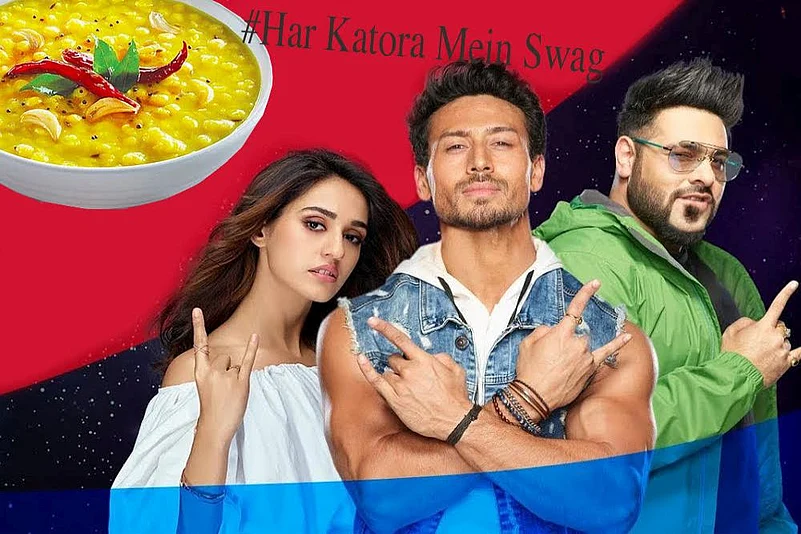As I was leaving home for my morning workout session, I called out loudly to my mother: “Ma, please close the door, I am leaving for my yoga class.” Back came the response in a masculine and an even louder voice: “For God’s sake it is YOG, not YOGAAAAAA. Yog means union. It is the union of mind, body and soul. How many times do I have to tell you this?”
My father, an extremely traditional human being, does not like the way we stress upon the last syllable when pronouncing yoga. He believes that yoga is a wonderful ancient Indian tradition and we are doing huge injustice to it by not only pronouncing it in an Anglicised manner but also by merely adopting the asanas-the physical aspect, leaving behind the mental and spiritual part of it.
Well, I agree with him somewhat. It is true to some extent that we focus more on the physical side of things in yoga, and that there’s a lot more to explore in yoga, beyond twisting and turning our bodies in awkward poses. Nevertheless, I don’t mind the extra “a” sound in the pronunciation, if it brings the practice in vogue and draws people like me towards it. I feel, this traditional practice got more takers only after it got modernised and became hip. For many of us, the real reason behind taking up this age-old tradition is Bollywood celebrity, Shilpa Shetty, illustrating yoga poses in cool and trendy clothes. It would not be completely wrong to say that movie stars, cricketers, cool merchandising, yoga pants, westerners practising it—are some of the reasons that have made Yoga “an uber cool thing”. I am pretty sure, Maharishi Patanjali, the compiler of Yoga Sutras, must be turning in his grave to see all of this. That’s alright: after all, we are carrying his legacy forward, in a modern way.
It is not only about Yoga. Studies suggest that a well-thought-out branding strategy and creative media campaigns can make any product or practice popular and can tremendously improve its adoption among communities. Be it Disha Patani and Tiger Shroff showing off their Pepsi “Har Ghoont Mein Swag,” or Taapasee Pannu getting a “Chatpata Khayal” with Kurkure, that’s the way these media commercials impact the minds of viewers, especially youngsters. It makes them legit and fuel their consumption.
Taking cues from them, it is time we go for similar strategies for promoting healthy eating behaviours and traditional food items, having high nutritional value aiming to increase their adoption. Do you recall how the revolutionary ad campaign of the 1980s, “Sunday ho ya Monday, Roz khao ande,’ pitching eggs as a fun food, became hugely successful, with many celebrities like Dara Singh endorsing it? We need many such innovative media campaigns, roping in celebrities and influencers and designing the communication in a way that would make good nutrition fashionable and aspirational.
Of late, various traditional foods like makhana (fox nuts), ragi, soyabean, are getting promoted and we do see more and more people including them in their diets (although we need to focus less on the packaged and more on the home-made ones). The need is to convert more such traditional food items and eating practices into fashionable ones making people embrace it. Offering and promoting healthy options would shift choices of comfort foods from “2-Minute Maggi Noodles” to “Quick Khichadi.” Effective communication strategies can truly make this happen. We need to make glasses of buttermilk as trendy as raising the toast to each other with cold drinks, or any other unhealthy drinks. And make home-cooked hot meals qualify as much as a party food as pizzas. We need to bring in more “swag” to nutrition and bring it as much in vogue as possible.
I came back home, had one boiled egg, few pumpkin seeds, and a glass of almond milk (heard somewhere that to be Shilpa Shetty’s after-yoga diet) and went for a short nap, metamorphosing in my dreams into someone with a strong, fit and flexible body, like hers.
________
(Dr Archana Singh is a public health professional, passionate about women and child issues. She currently works as Senior Program Analyst at Project Concern International/India. She has studied in UK and Australia, and worked in many international organisations. She practices yoga and strives for a healthy lifestyle. The views expressed by the author are personal.)
______





















